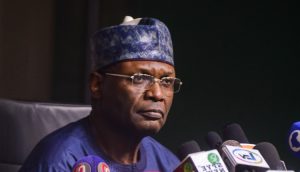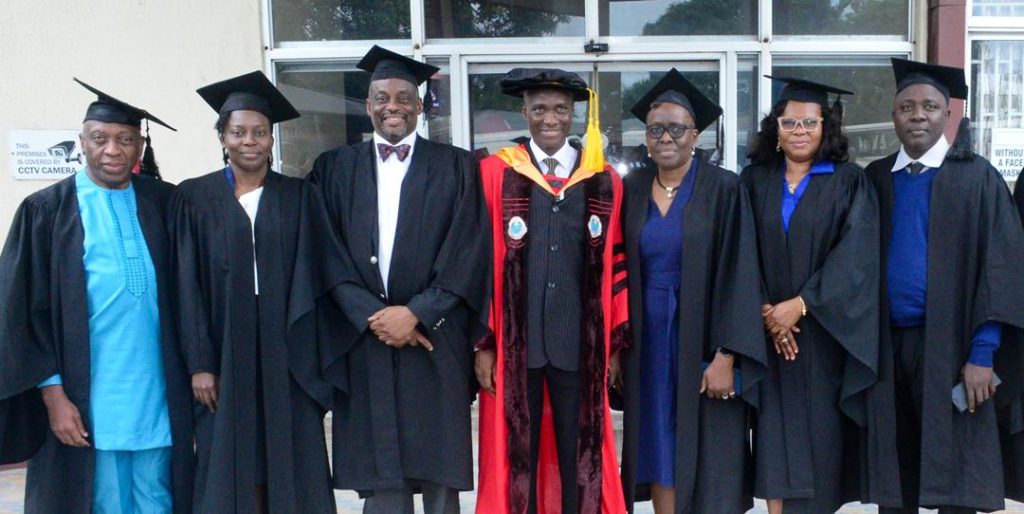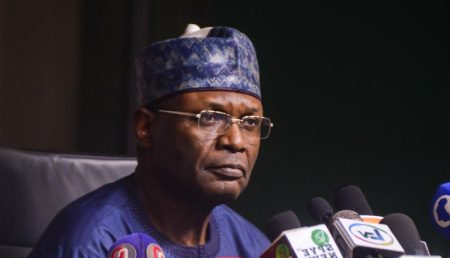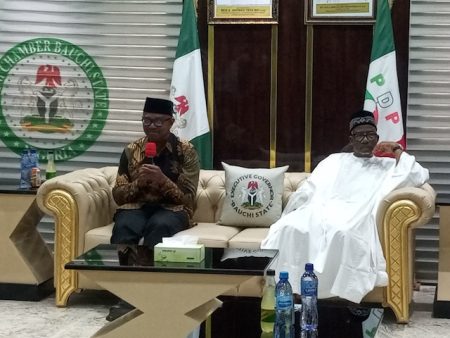Paragraph 1: Challenging the Conventional Narrative on Climate Change
Professor Mohammed Usman, a Process Systems Engineer at the University of Lagos, challenges the prevailing narrative that solely blames carbon emissions for the escalating climate crisis. He posits that the core issue lies not with carbon itself, but with humanity’s wasteful and inefficient consumption of resources. This inefficient utilization, he argues, drives excessive greenhouse gas emissions, the true culprit behind climate change. Usman emphasizes the paramount importance of resource efficiency, advocating for a fundamental shift in our approach to resource management across all sectors of society. Rather than simply transitioning from one resource type to another, we must prioritize optimizing the use of all resources to achieve genuine sustainability.
Paragraph 2: Reframing the Resource Utilization Paradigm
Usman proposes a paradigm shift in resource utilization, urging a proactive and conscientious approach to consumption. He advocates for adopting a “minimum resource” mindset, whereby individuals, industries, and governments rigorously assess the minimal resources required to accomplish any given task before deploying any resources. This approach necessitates cultivating the necessary capacity and capability for accurate resource estimation and efficient utilization. Usman stresses the importance of eradicating extravagance in all its manifestations, recognizing it as a major contributor to unsustainable practices. He emphasizes that true sustainability lies in strategically minimizing resource use while maximizing output and effectiveness.
Paragraph 3: Policy Integration and Resource Footprint Assessments
Professor Usman highlights the crucial role of policy integration in achieving sustainable resource management. He calls upon governments at all levels to develop comprehensive frameworks that synergize policies and mainstream sustainability considerations across their entire governance structure. Furthermore, he advocates for the mandatory implementation of periodic resource footprint assessments for both ongoing and prospective policies. These assessments would serve to identify potential synergies and prevent the unintended consequence of simply shifting environmental problems from one resource to another. This integrated approach, supported by appropriate legislation, is essential for maximizing the benefits derived from any resource and guaranteeing genuine sustainability.
Paragraph 4: Rethinking the Role of Carbon and Academia
Usman challenges the prevalent demonization of carbon, advocating for a reframing of its role in the climate change discourse. He suggests replacing terms like “decarbonization” with “100% carbon utilization” or “recarbonization,” emphasizing the potential for carbon to be a valuable resource rather than a villain. He also calls for similar performance measures to be applied to other resources used in renewable energy technologies, such as silicon and lithium, ensuring a balanced and comprehensive approach to resource management. Furthermore, Usman underscores the vital role of academia in addressing the climate crisis, lamenting the current state of education in Nigeria and calling for urgent intervention. He proposes recognizing academia as the “fourth arm” of government, affording it equal status and remuneration as the judiciary.
Paragraph 5: Strengthening Academia-Industry Partnerships and Institutional Reforms
Professor Usman emphasizes the need for stronger academia-industry partnerships through deliberate policies that promote local content across various sectors. These partnerships, he argues, would foster research and development, enhance industry competitiveness, and revitalize the academic sector. He calls for empowering process systems engineers to take a leading role in driving innovation and resource optimization, suggesting the establishment of endowed professorial chairs to advance research in this area. Usman also urges the University of Lagos to integrate its utility needs, achieving self-sufficiency in power and water supply, and transitioning waste management from mere compliance to full resource recovery.
Paragraph 6: Embracing Biomimicry and Acquitting Carbon
Usman proposes the establishment of a Centre of Excellence for Biomimicry at the University of Lagos, positioning the institution as a leader in Africa for nature-inspired technological solutions. He reiterates his conviction that the current focus on demonizing carbon obscures the root cause of the climate crisis, which lies in wasteful resource consumption. He concludes by metaphorically “acquitting” carbon, emphasizing that true sustainability hinges on a fundamental shift in our approach to resource management, prioritizing efficiency and minimizing extravagance across all facets of society. This shift requires a concerted effort from individuals, industries, and governments, driven by policy integration, resource footprint assessments, and a commitment to optimizing resource utilization rather than simply substituting one resource for another.














